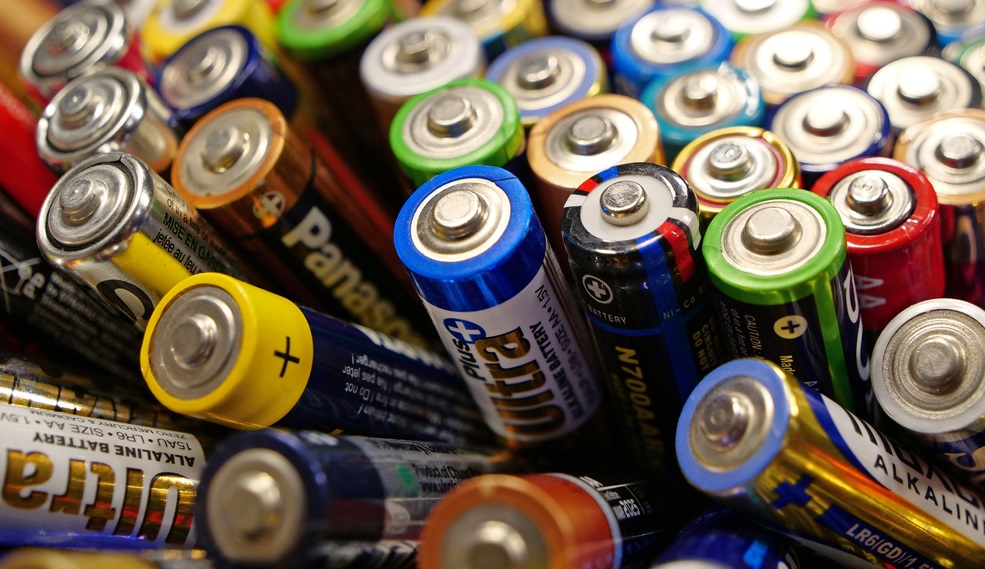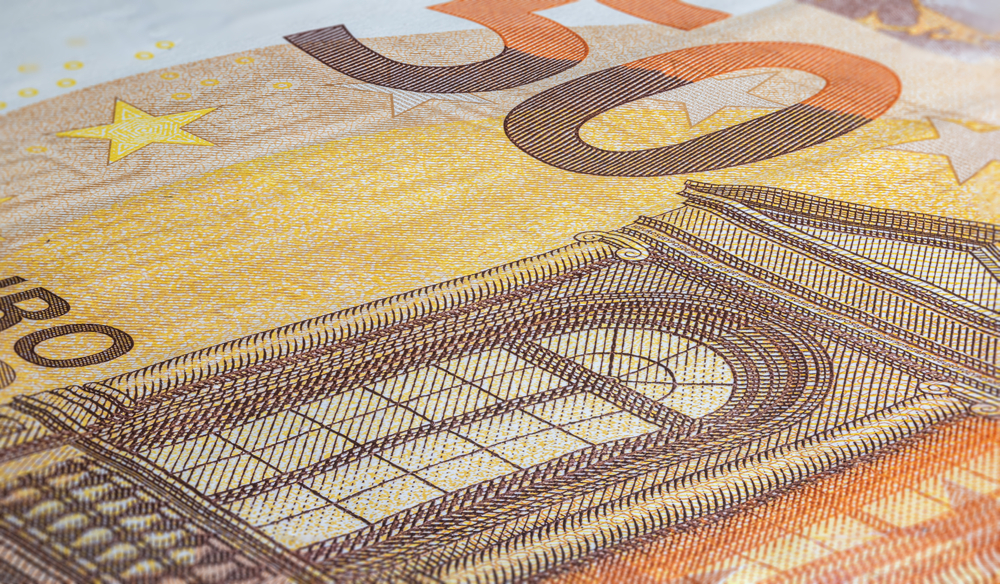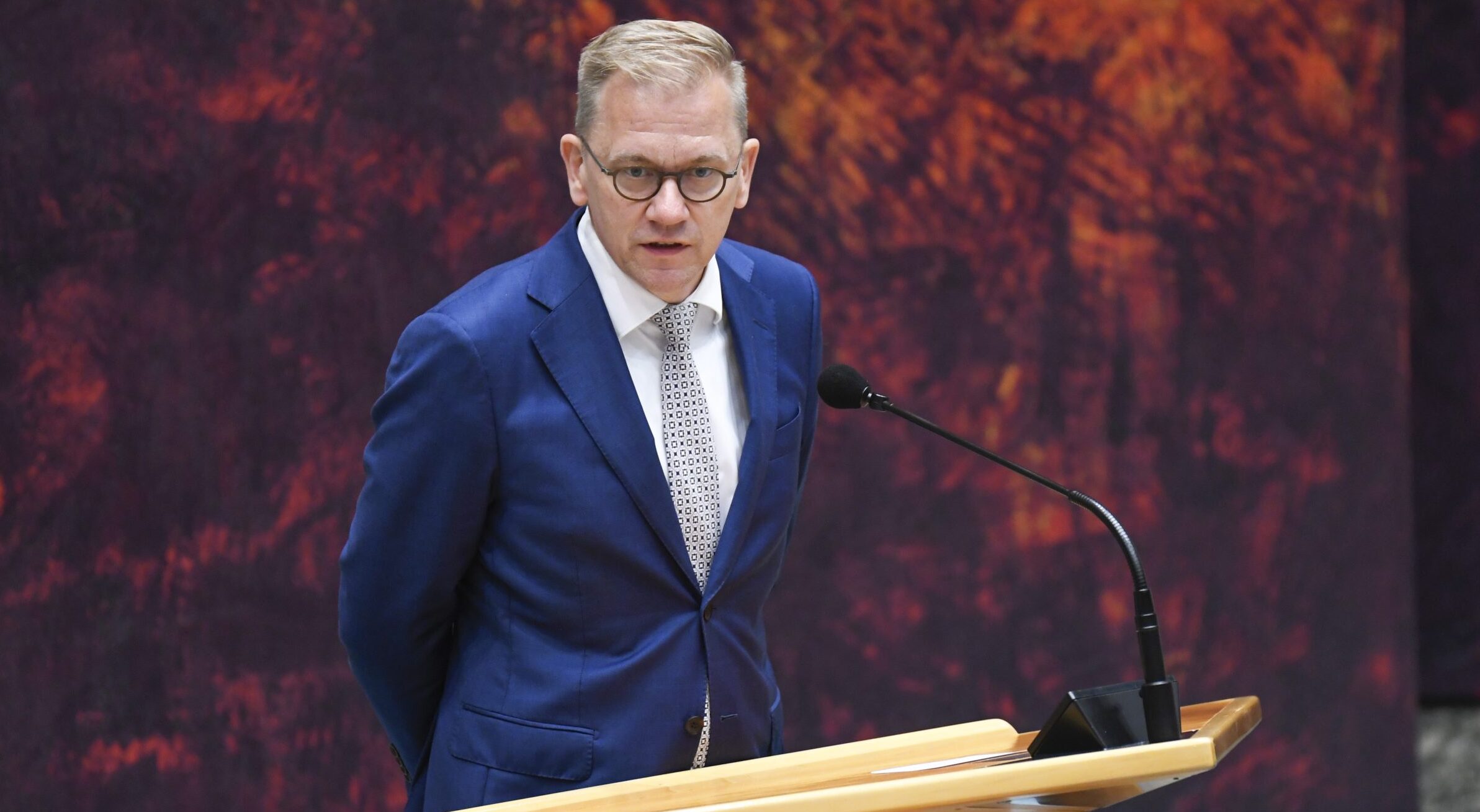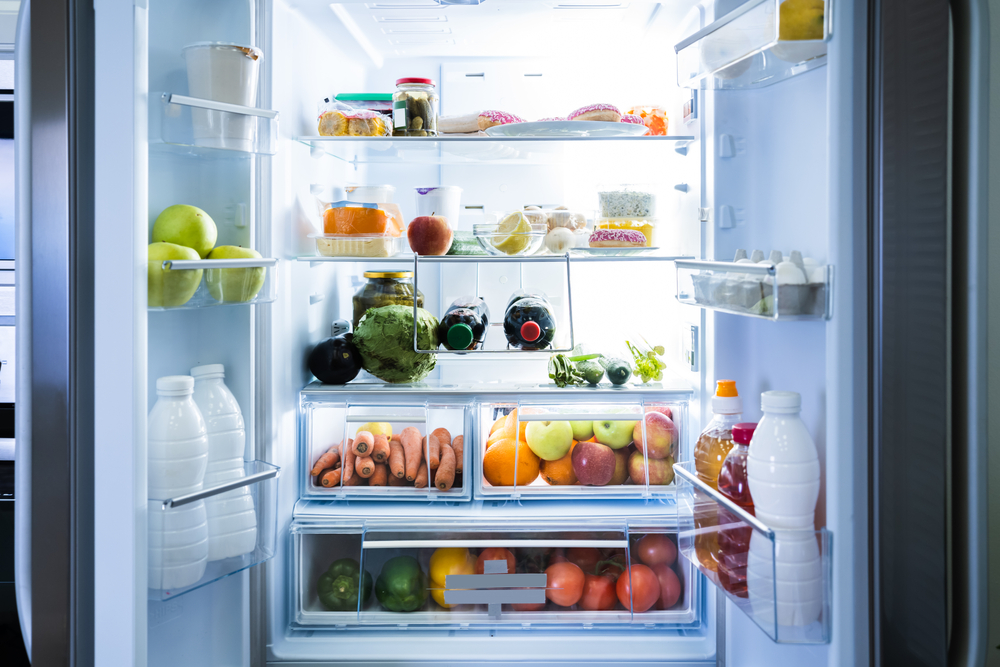You can use micro-organisms for nearly everything. So why not use them to filter polluting metals from waste? With a Veni grant in his pocket, this is the genius idea that Martijn Diender will work on. He is one of the six WUR research associates who were awarded a Veni grant of €280,000 from research funding provider NWO for talented researchers who recently completed their doctorate.
A lot of metal-rich waste is created during the extraction of metals such as cobalt, copper, and nickel. It is difficult or impossible to extract these valuable materials with the usual purification techniques, but bacteria can help. Diender is investigating bacteria that can do this while they use carbon monoxide as food. This combination boasts optimal energy efficiency, increasing the purification yield.
During the process, the metal is deposited as a layer on the outside of the bacteria
Martijn Diender, microbiologist
Metal ions are filtered from wastewater through reduction. The positively charged particles will absorb electrons and precipitate. The electrons come from the bacteria’s metabolic process. This transfer is difficult with bacteria which live on sugars but is a lot more successful with carbon monoxide as the substrate.
Soil
Diender has already found a few bacterial strains that can do this trick. The metal is deposited as a layer on the outside of the bacteria during the process. Together, they sink to the bottom after which the metal can in principle be recovered. “But I am mainly focused on the bacteria,” says Diender. “How exactly do they do this, and can we influence, adapt, or improve it?”
+++++++++++++++++++++++++++++++++++++++++++++++++++++++++++++++++++++
Microbiologist Diender is not the only success story here. WUR is also proudly celebrating Veni grants being awarded to molecular biologist Rik Huisman, biochemist André Kuhn and soil biologist Marie Zwetsloot, microbiologist Jolien van Hooff, and physical chemist Berend van der Meer. Van Hooff has transferred from the University of Paris-Saclay. Van der Meer has swapped Oxford for Wageningen.
+++++++++++++++++++++++++++++++++++++++++++++++++++++++++++++++++++++
The grants awarded are only a portion of the total number of Venis to be handed out. Due to the coronavirus and a hack earlier this year, submissions for the nature and medical sciences were the only ones to be assessed. The applied technical sciences and social sciences awards for 2021 will follow in April of next year. Veni grants are part of the Dutch Organisation for Scientific Research (NWO) Talent Programme.

 Bacteria will purify metal extraction waste. Photo: Shutterstock
Bacteria will purify metal extraction waste. Photo: Shutterstock 

